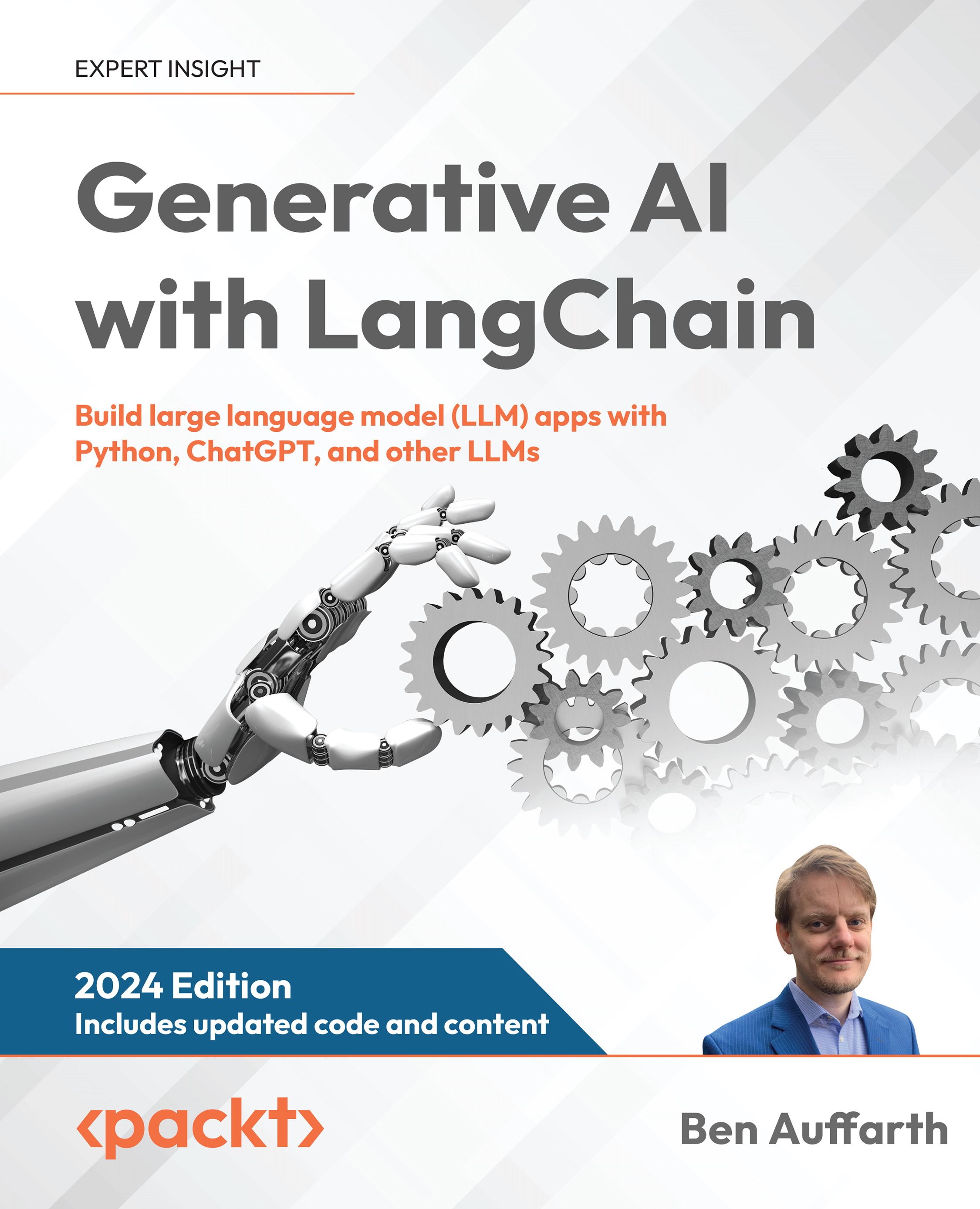Apple Intelligence comes to iPhone, iPad, and Mac starting next month
Unlock access to the largest independent learning library in Tech for FREE!
Get unlimited access to 7500+ expert-authored eBooks and video courses covering every tech area you can think of.
Renews at $15.99/month. Cancel anytime
Apple announced the launch of "Apple Intelligence," a personal intelligence system integrated with iOS 18, iPadOS 18, and macOS Sequoia, starting in October 2024. This system uses advanced generative models and personal context to enhance everyday tasks, like writing assistance, smarter notifications, and a more flexible Siri. Features like a photo Clean Up tool, transcription in Notes and Phone apps, and AI-powered email prioritization will debut first in the U.S., with expanded language and feature support in the following months.
Replit Agent early access
Replit Agent is an AI tool that helps users create software projects by understanding natural language prompts. Currently in early access for Replit Core and Teams subscribers, it assists in building web-based applications by guiding users through each step, from selecting technologies to deploying the final product. The agent is designed for prototyping and works closely with users to refine and develop their applications.
AI system developed by Google DeepMind that designs novel proteins
AlphaProteo is an AI system developed by Google DeepMind that designs novel proteins to bind to specific target molecules. This technology can accelerate biological research by creating protein binders that aid in drug development, disease understanding, and more. AlphaProteo builds on the success of AlphaFold but goes further by generating new proteins, not just predicting their structures. It has shown high success rates in binding to key targets, such as proteins involved in cancer and viral infections like SARS-CoV-2.
Introducing LLaVA V1.5 7B on GroqCloud
LLaVA v1.5 7B is a new multimodal AI model available on GroqCloud, enabling developers and businesses to create applications that integrate image, audio, and text inputs. Built from a combination of OpenAI’s CLIP and Meta’s Llama 2, LLaVA v1.5 excels in tasks like visual question answering, image captioning, and multimodal dialogue.
Function Calling in Google AI Studio
Google AI Studio now supports function calling, allowing users to easily test the model's capabilities directly in the interface. This new feature makes it more convenient to experiment with the AI without leaving the UI. Google AI Studio offers free fine-tuning.
 United States
United States
 Great Britain
Great Britain
 India
India
 Germany
Germany
 France
France
 Canada
Canada
 Russia
Russia
 Spain
Spain
 Brazil
Brazil
 Australia
Australia
 South Africa
South Africa
 Thailand
Thailand
 Ukraine
Ukraine
 Switzerland
Switzerland
 Slovakia
Slovakia
 Luxembourg
Luxembourg
 Hungary
Hungary
 Romania
Romania
 Denmark
Denmark
 Ireland
Ireland
 Estonia
Estonia
 Belgium
Belgium
 Italy
Italy
 Finland
Finland
 Cyprus
Cyprus
 Lithuania
Lithuania
 Latvia
Latvia
 Malta
Malta
 Netherlands
Netherlands
 Portugal
Portugal
 Slovenia
Slovenia
 Sweden
Sweden
 Argentina
Argentina
 Colombia
Colombia
 Ecuador
Ecuador
 Indonesia
Indonesia
 Mexico
Mexico
 New Zealand
New Zealand
 Norway
Norway
 South Korea
South Korea
 Taiwan
Taiwan
 Turkey
Turkey
 Czechia
Czechia
 Austria
Austria
 Greece
Greece
 Isle of Man
Isle of Man
 Bulgaria
Bulgaria
 Japan
Japan
 Philippines
Philippines
 Poland
Poland
 Singapore
Singapore
 Egypt
Egypt
 Chile
Chile
 Malaysia
Malaysia

















